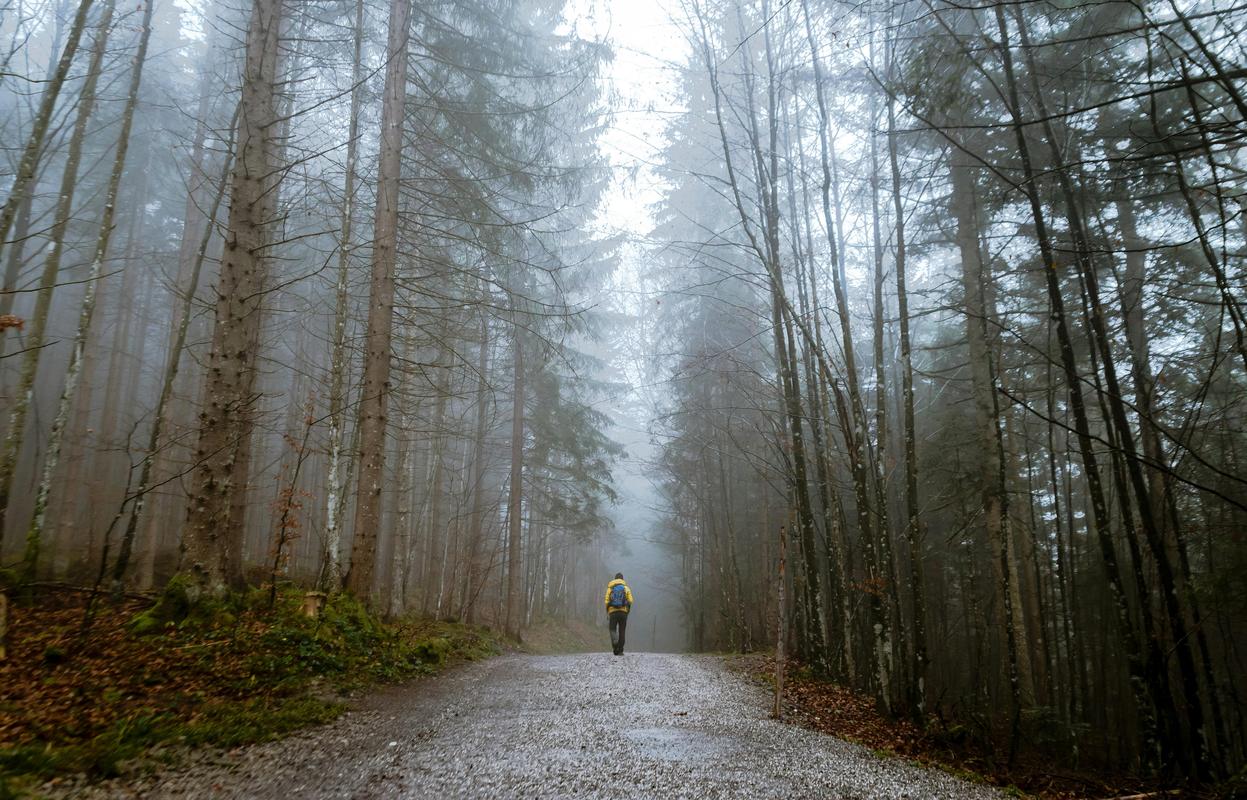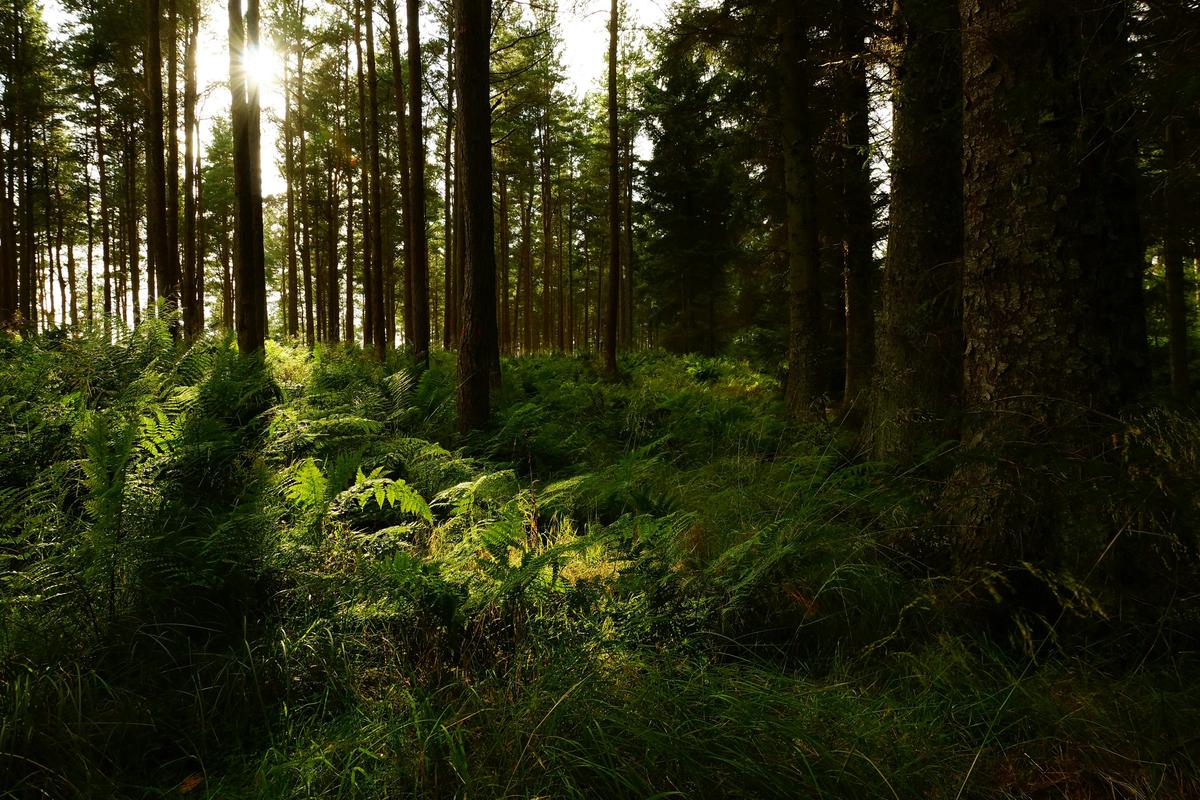Understanding the Importance of Forests: An Overview
Forests are the real MVPs of our planet, giving us so many benefits that often go unnoticed. These green ecosystems are like a bustling city for wildlife, with over 80% of the world’s land animals calling them home. From the tall trees to the tiniest critters, forests are bursting with all kinds of species, some of which we haven’t even discovered yet.
But forests aren’t just a cool place for animals to hang out. They’re super important for us humans too, with more than 1.6 billion people depending on them for their jobs, whether it’s for wood, food, fuel, or homes. The stuff that forests do for us is worth a crazy amount of money, estimated at around $16.2 trillion every year.
Forests also help keep our climate and water in check. They’re like giant carbon sponges, soaking up greenhouse gases from the air and helping to fight climate change. They also keep our soil healthy, stop it from washing away, and play a big role in making sure we have clean water to drink.
Even though forests are super valuable, they’re in trouble. We’re still losing over 7 million hectares of natural forests every year, mostly because we’re turning them into something else. This not only messes up the balance of nature but also takes away the important stuff that communities rely on. We need to tackle the problems facing our forests, from land damage to climate change, if we want to protect our planet and the people living on it. 1 2
 Photo by Gabriela Palai on Pexels
Photo by Gabriela Palai on Pexels
Ecological Benefits of Forests: Why They Matter
Forests are the unsung heroes of our planet, playing a vital role in maintaining the delicate balance of our ecosystem. These lush sanctuaries are not just pretty backgrounds; they are the lungs of our world, sucking up a whopping 2.6 billion tonnes of carbon dioxide every year, a third of the CO2 released from burning fossil fuels.
Stopping the loss and degradation of forest ecosystems and promoting their restoration have the potential to contribute over one-third of the total climate change mitigation needed by 2030 to meet the goals of the Paris Agreement.
Forests aren’t just carbon sinks; they are also the lifeblood of countless communities, providing food, shelter, and jobs for 1.6 billion people, many of whom are the most vulnerable in the world. These natural wonders bring in an amazing $75-100 billion per year in goods and services, from clean water to fertile soils, making them an invaluable asset to both local and global economies.
Sadly, the integrity of these forests is under threat, with 40% of the world’s forests now considered high-integrity, a number that is steadily dropping. This loss has a devastating impact, not only on the climate but also on the diverse wildlife that lives in these forests. In fact, forests are home to 80% of the world’s terrestrial biodiversity, making their preservation crucial for the survival of countless species.
Amidst this worrying trend, a glimmer of hope shines through, as at least 35% of large, high-integrity forest blocks worldwide are within lands managed by Indigenous Peoples, who have long been the caretakers of these precious ecosystems. By empowering and supporting these communities, we can unlock the true potential of forests to combat climate change, protect biodiversity, and support the livelihoods of millions. 3 4
Economic and Social Importance of Forests
Forests are the unsung heroes of our planet, providing invaluable economic and social benefits that often go unnoticed. These lush ecosystems are not just a sight to see, but a vital part of what keeps our way of life going.
The forest sector alone accounts for a whopping 1% of global jobs, employing over 33 million people worldwide. And the importance of these forests goes way beyond just jobs. More than 90% of those living in extreme poverty rely on forests for at least some of their livelihoods, showing how crucial these natural wonders are for supporting the most vulnerable members of our global community.
Forests also act as a safe haven for indigenous populations, with over 80% of the land they live on being covered in forests. These ancient caretakers of the land have always known the value of these ecosystems, and their deep connection to the forests they call home shows the strong bond between humanity and nature.
- The forest sector accounts for 1% of global jobs, employing more than 33 million people.
- Over 90% of people living in extreme poverty rely on forests for some of their livelihoods.
- Forest landscapes cover more than 80% of the area that Indigenous Peoples occupy.
Yet, despite their immense importance, our forests are under threat. The world has lost an area the size of Ethiopia in forest cover since the turn of the millennium, a stark statistic that highlights the urgent need for action. Forests are not only vital for the well-being of our communities, but they also play a crucial role in mitigating the effects of climate change, acting as the earth’s second-largest natural storehouse of carbon.
Protecting and restoring these natural wonders is not just the right thing to do, but a necessity for our economy and society. By investing in the future of our forests, we can unlock a world of possibilities, from sustainable livelihoods to thriving ecosystems, and ensure that these vital resources continue to enrich our lives for generations to come. 5 6
Conservation Efforts: Protecting Our Vital Forests
Forests are the unsung heroes of our planet, quietly yet powerfully shaping the world around us. These lush sanctuaries are not just a backdrop to our lives – they are vital, living systems that sustain and enrich our very existence.
Think about the amazing fact that forests provide homes to 80% of the world’s land-dwelling species. These diverse ecosystems are the heart of our planet’s biodiversity, nurturing a wide variety of life. From the tall canopies to the complex root systems, forests are the foundation on which countless species rely.
But forests do more than just support wildlife. They are also the lungs of our planet, absorbing and storing large amounts of carbon dioxide, a major driver of climate change. Allowing forests to grow back naturally could potentially absorb up to 8.9 billion metric tons of carbon dioxide from the atmosphere each year through 2050 – an incredible feat.
Forests also play a crucial role in the global water cycle, acting as natural filters and regulators. They soak up water from the ground and release it back into the air, ensuring a steady supply of clean, fresh water for billions of people worldwide. In fact, a third of the world’s largest cities get a significant amount of their drinking water from forested protected areas.
Besides their environmental importance, forests are also essential for human livelihoods and well-being. They provide food, create jobs, and offer shelter and recreation to people all over the world. In developing countries, forest-based businesses make up to 35% of all rural non-farm employment, showing the strong connection between people and the forests they live in.
As we deal with the challenges of our time, the importance of forests cannot be overstated. These natural wonders are not just a backdrop to our lives – they are the very foundation on which our world rests. By recognizing and protecting these vital ecosystems, we can ensure a brighter, more sustainable future for all. 7 8
 Photo by Ray Bilcliff on Pexels
Photo by Ray Bilcliff on Pexels
References
-
“Forests A Lifeline For People And Planet” - www.un.org ↩
-
“Forests And Climate Change” - www.wcs.org ↩
-
“Forests And Climate Change” - www.iucn.org ↩
-
“Forests Healthy People Economies And Ecosystems” - blogs.worldbank.org ↩
-
“8 Economic Social Benefits” - www.greenfacts.org ↩

 Photo by
Photo by